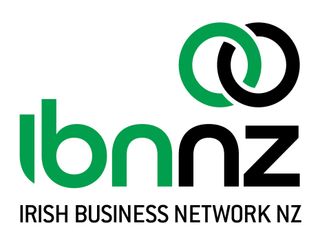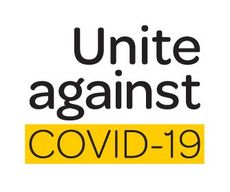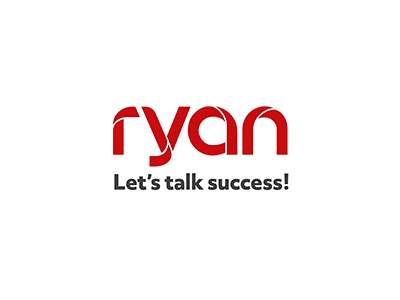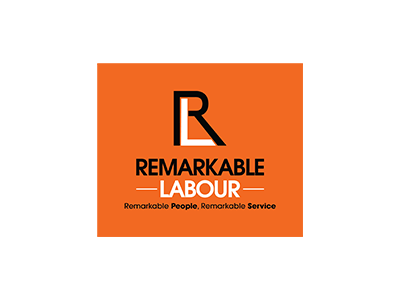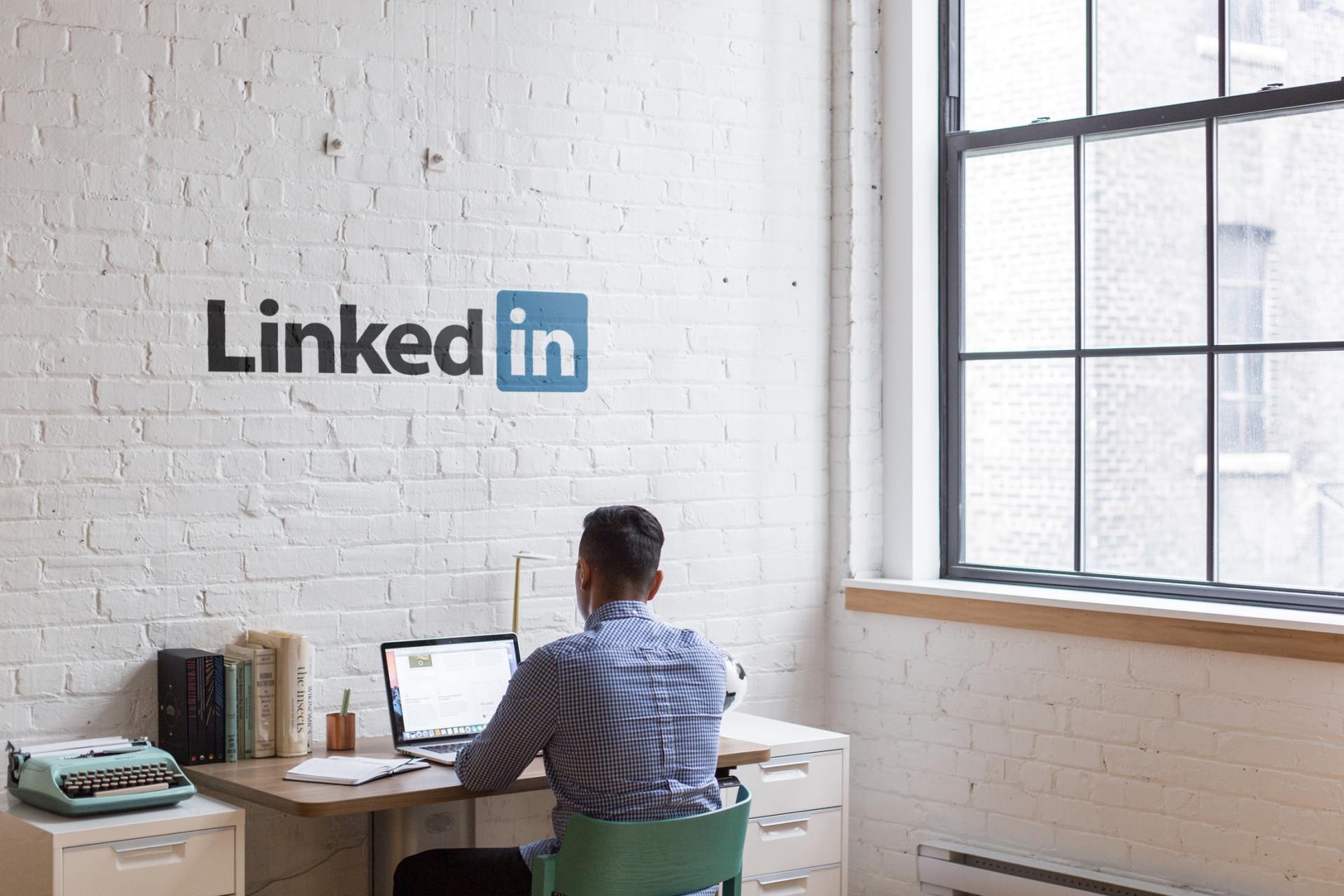Working in NZ
Working in NZ is an initiative of the Embassy of Ireland in Aoteaora New Zealand which aims to provide employment-related resources and support to members of the Irish Community during the Covid-19 pandemic. The initiative is being administered by the Irish Business Network of New Zealand and is funded by the Department of Foreign Affairs of Ireland.
Tools & Resources
While we're not a recruitment agency, we've leveraged our network to develop the following tools & resources to help you during your time in New Zealand.
Create Your CV
New Zealand employers like short, easy to ready curriculum vitae (CVs). Use this online CV builder to create your curriculum vitae for the New Zealand job market.
Submit Your CV
Leverage our network. Instantly distribute your C.V to our network of over twenty five Irish Business Network New Zealand member recruitment firms for review.
Connect on Linkedin
Connect and join our Working in NZ Linkedin group for job tips, news and posting from our Irish Business Network New Zealand members
IBNNZ Recruitment Member Network
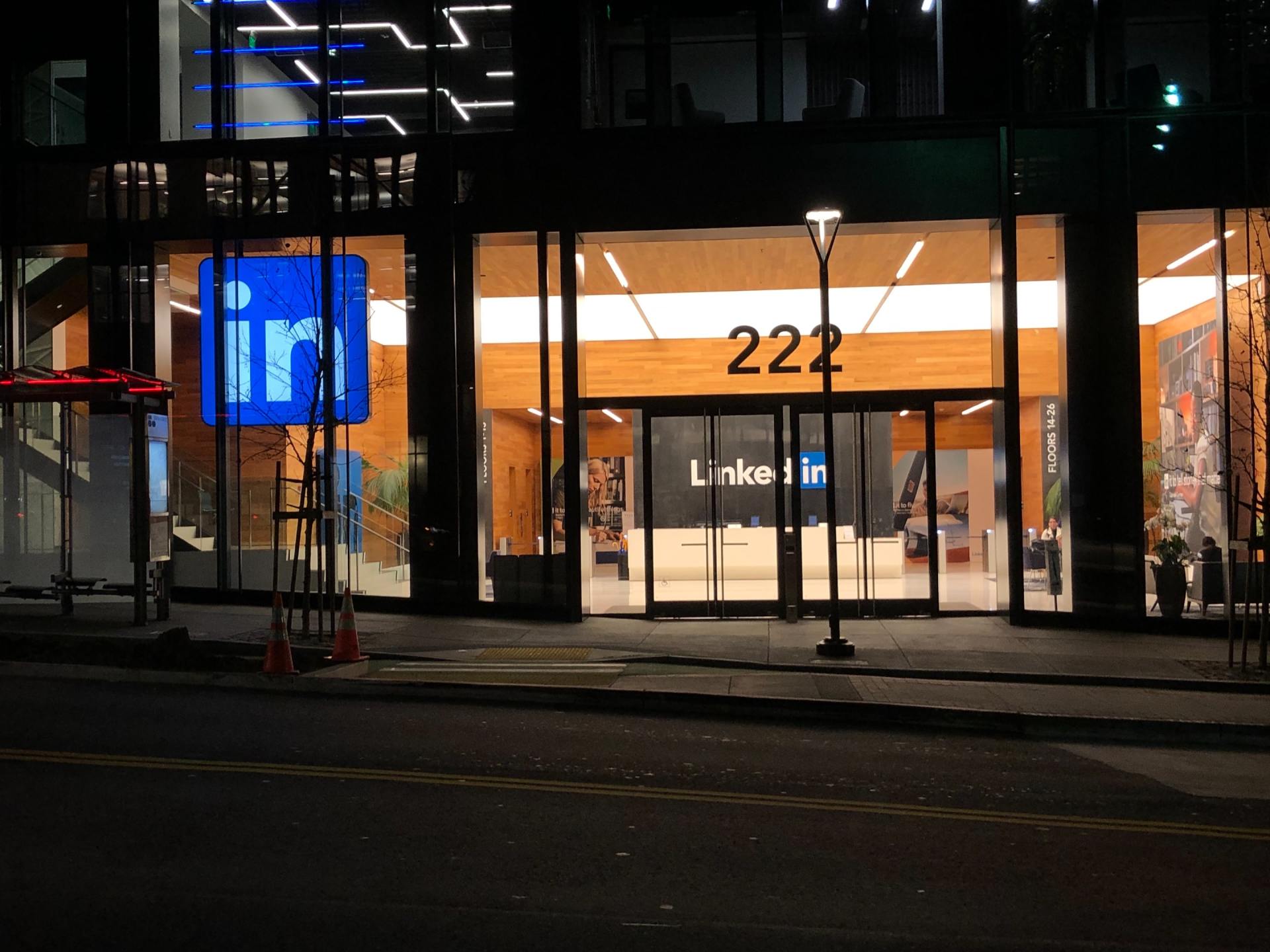
There are almost 700 million people on LinkedIn. Many of them will have exactly the same job title as you with similar qualifications and experience. Many of them will be in the same industry, in the same town, chasing the same role. So how are you going to stand out? Apart from the obvious things like completing all of the sections of your profile and having a professional looking photo — a selfie taken on a night on the town is probably not the best option — commenting and posting on LinkedIn is a great way to get noticed by recruiters and senior leaders in your industry. My first post on LinkedIn was in April 2019. I had less than 300 connections at the time. The post was seen by a handful of people including my sister and a couple of friends who took pity on me and left a comment. One year after my first post, I have over 3000 followers and my posts are regularly seen by thousands of connections. Recently one of my posts received over 18,000 views and 300 comments. Those numbers might not be that impressive compared to some of the heavy hitters on LinkedIn (LI) but more important than the numbers is what posting regularly has done for me and my business. By building my network I’ve gained contract work and speaking opportunities and made some really strong connections who have helped me grow my business. Here’s how and why you should use LinkedIn to build your personal brand.
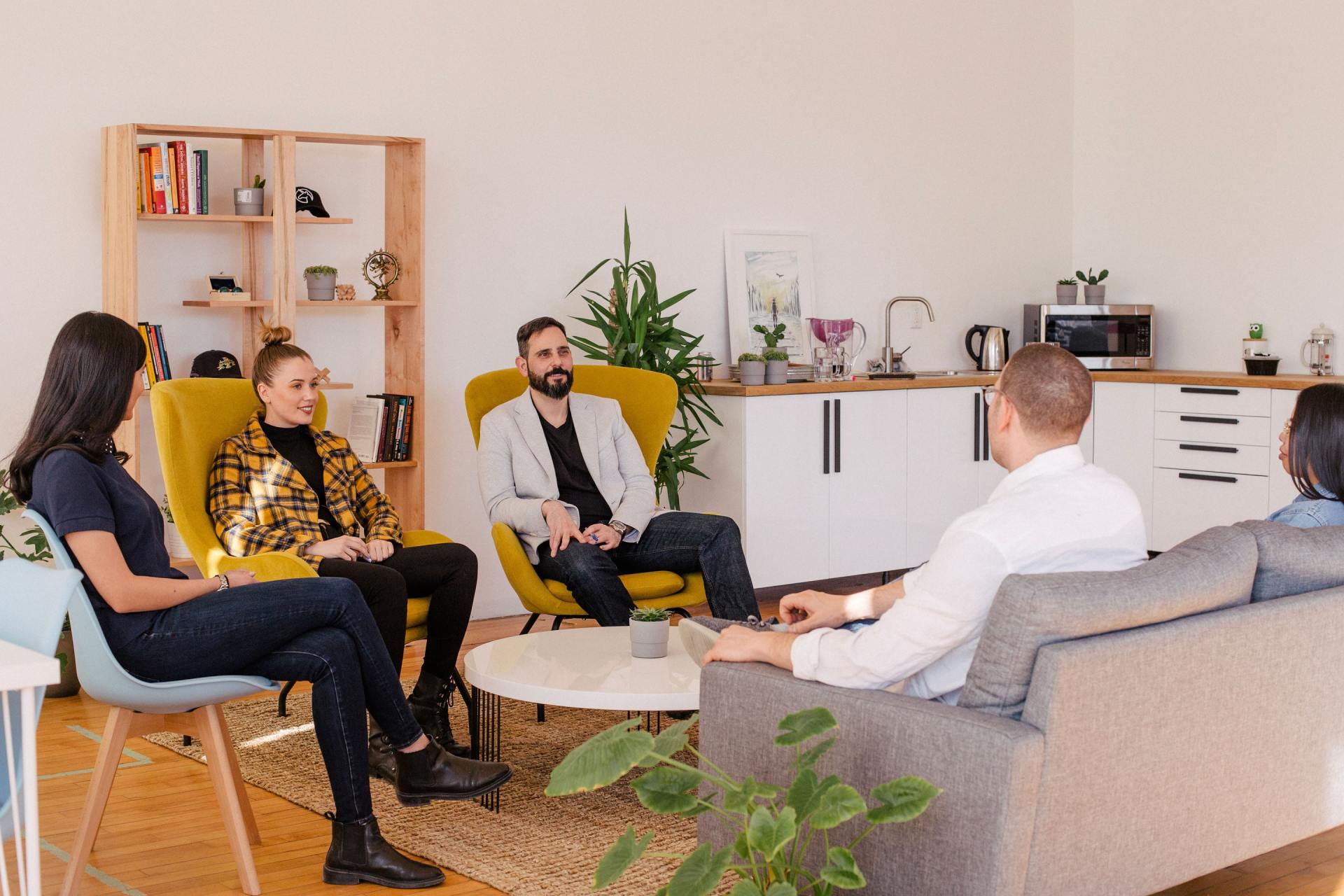
Interviewers will start assessing you as soon as they meet you, so your presentation and attitude are important. To make a good first impression: arrive on time dress smartly smile when you meet people be professional as soon as you enter the building. The receptionist and anyone else you meet might tell the interviewer what they think of you. How to answer interview questions Speak clearly and vary your tone to show you’re interested and enthusiastic. Take time to think about each question before answering so you can give a good response. Listen to questions carefully and let the interviewer lead the conversation. If you don't understand a question, ask for it to be explained or repeated. If you’ve had a job before don’t criticise previous employers or co-workers. Give examples from your experience that demonstrate your knowledge and skills. Show confidence in your skills and be positive about what you have done. For example, instead of using phrases such as "I only have..." or "I don't have…" tell the employer what you do have to offer. Questions about your experience When you answer interview questions about something you’ve done it’s best to use the STAR method (situation, task, action, result). Situation – describe what the situation was. Task – describe the task you had to do. Action – describe what you did to achieve the task. Result – describe the final result. For example: “When I was an assistant manager at Sally’s Sandals we hosted a VIP sales event for our loyalty card customers, and I was in charge of organising it. I needed to make sure that the store was decorated, we had food and drink for the customers, and we had enough staff members to work that evening. The event went very smoothly and we exceeded our sales targets for the evening by 50 percent.”

Irish unemployment hits record 28% Ireland’s unemployment rate shot up to 28.2% at the end of April including those receiving emergency jobless benefits due to the coronavirus pandemic, the highest rate on record and up from just 4.8% two months ago, the statistics office said on Friday. Ireland introduced stay-home measures at the end of March, shutting down all but essential services such as supermarkets and petrol stations to slow the spread of the virus. The government introduced a wage subsidy scheme on March 24, three days before the full lockdown but two weeks after it started gradually closing down the economy, so many companies had already begun laying off staff. Dublin intends to ease the lockdown more gradually than many other European countries from May 18. The new COVID-19 Adjusted Unemployment rate rose sharply from 15.5% in March after the number of people claiming the higher emergency payment more than doubled to 602,107, on top of a seasonally adjusted 216,900 on regular jobless benefits. Excluding the pandemic payments, the jobless rate rose to 5.4% from 5.3% in March. The highest previous jobless rate recorded since the series was first published 37 years ago was 17.3% in 1985. It hit a post-financial crisis high of 16% in 2012 when Ireland was midway through a three-year international bailout.
Working in NZ - FAQs
What Employers Want
A brief guide to what Employers want, courtesy of Careers NZ. Visit their Covid-19 information
hub here.



